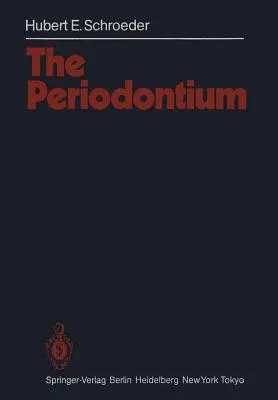Hubert E Schroeder
(Author)The Periodontium (Softcover Reprint of the Original 1st 1986)Paperback - Softcover Reprint of the Original 1st 1986, 17 November 2011

Qty
1
Turbo
Ships in 2 - 3 days
In Stock
Free Delivery
Cash on Delivery
15 Days
Free Returns
Secure Checkout
Part of Series
Handbuch Der Mikroskopischen Anatomie Des Menschen Handbook
Part of Series
Verdauungsapparat, Atmungsapparat
Print Length
420 pages
Language
English
Publisher
Springer
Date Published
17 Nov 2011
ISBN-10
3642712630
ISBN-13
9783642712630
Description
Product Details
Author:
Book Edition:
Softcover Reprint of the Original 1st 1986
Book Format:
Paperback
Country of Origin:
NL
Date Published:
17 November 2011
Dimensions:
24.41 x
16.99 x
2.21 cm
ISBN-10:
3642712630
ISBN-13:
9783642712630
Language:
English
Location:
Berlin, Heidelberg
Pages:
420
Publisher:
Weight:
675.85 gm

